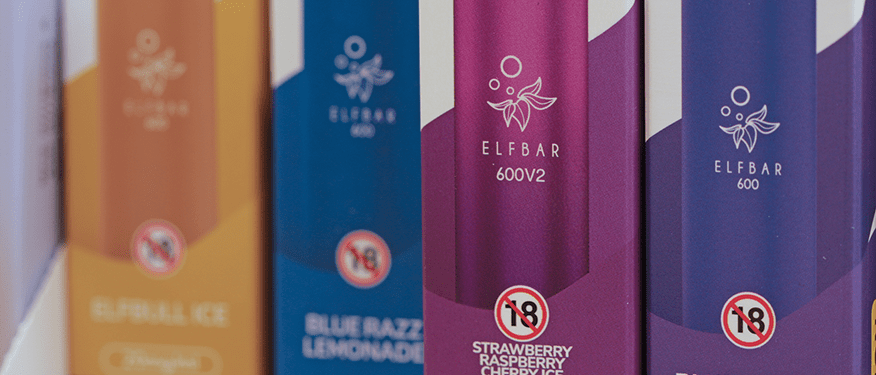Estimated reading time: 3 minutes
As the wants and needs of tobacco consumers continue to shift, convenience retailers are on the front line of enforcing government regulations. While age-restricted sale of tobacco is a regulation many retailers can easily comply with by using the right point-of-sale technology, new regulations on e-cigarettes and new forms of smokeless tobacco are less defined.
One of the largest concerns of the FDA regarding tobacco is preventing underage customers from being sold e-cigarette vapes. Federal courts granted the FDA authority over what it calls “electronic nicotine delivery systems” in 2016. According to the agency, the FDA regulates the “manufacture, import, packaging, labeling, advertising, promotion, sale, and distribution over all ENDS products…” Therefore, c-stores, which sell cigarettes, ENDS, and other forms of tobacco, need to be aware of FDA regulations. Vape manufacturers cannot market their products without FDA authorization and retailers who are found to be selling unauthorized vape products can face multi-thousand-dollar fines.
“The uncertainty of our current regulatory system presents immense challenges [because] retailers are not certain what can legally be sold.”
Matt Domingo, senior director of external relations for Reynolds American Inc in an interview with NACS magazine.
The FDA announced in February 2024 that it issued complaints against 20 businesses for selling illegal Elf Bar vapes. Including these complaints, the FDA has now filed over 100 civil money penalties against retailers for selling Elf Bars, which they claim are marketed towards teens who may not have started using nicotine otherwise. Each of these retailers was assessed a $20,768 fine from the FDA. In addition to the money penalties, the FDA has issued over 400 warning letters to retailers for selling unauthorized tobacco products. If retailers fail to comply with these warning letters and continue to sell the illegal product, the FDA will then issue a civil money penalty upon reinspection.
These penalties are similar the ones assessed to retailers who fail inspection and are found guilty of selling tobacco products to underage secret shoppers. In 2022, the tobacco inspection failure rate of inspected retailers was 18.54%, the highest in a decade. Though not all inspected retailers are c-stores, 99.68% of c-stores sell tobacco products, making them likely sites of FDA inspection.
While the FDA regulates tobacco sales nationally, some localities have also stepped in to increase tobacco regulation. Massachusetts banned the sale of flavored tobacco products, including vapes and menthol cigarettes, effective in June 2020. Furthermore, Brookline, Massachusetts has recently outright banned the sale of any tobacco product to persons born on or after January 1, 2000. Though store owners opposed the ban, the Massachusetts Supreme Court upheld the law on March 15, 2024. Though Massachusetts was the first state to institute a flavored tobacco products and menthol cigarettes ban, California followed suit, while New Jersey, New York, and Rhode Island have total bans on flavored vape products. Several other states have various restrictions on the sale of flavored e-cigarettes, though with various other stipulations.
While supporters of the ban suggested it would reduce the amount of Massachusetts teenagers who vape, it has also created a significant black market for flavored tobacco products. According to the New England Convenience Store and Energy Marketers Association, these products are less regulated and reduce sales for c-stores and tax revenue for the state. These and other ongoing attempts to further regulate tobacco products prove challenging for retailers, who are on the front lines of enforcement.
The best way for retailers to protect against warning letters and civil money penalties is to comply with regulations. However, in a shifting landscape for tobacco consumers and with the FDA slow to process marketing applications for new tobacco products, can make this difficult for retailers. To learn more about regulatory challenges and how to protect your store, check out our white paper How to Ensure Tobacco Sales Compliance in your C-Store.
